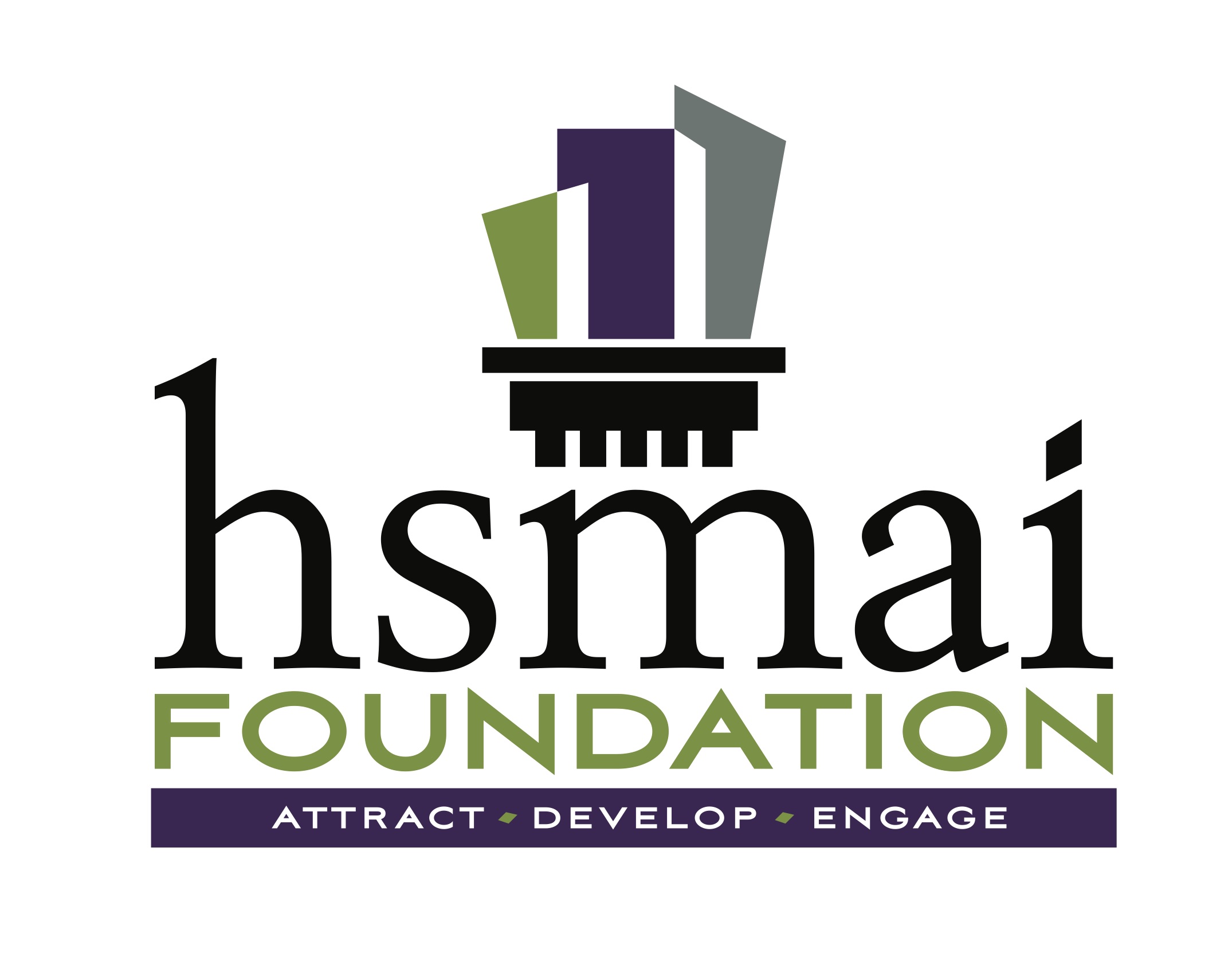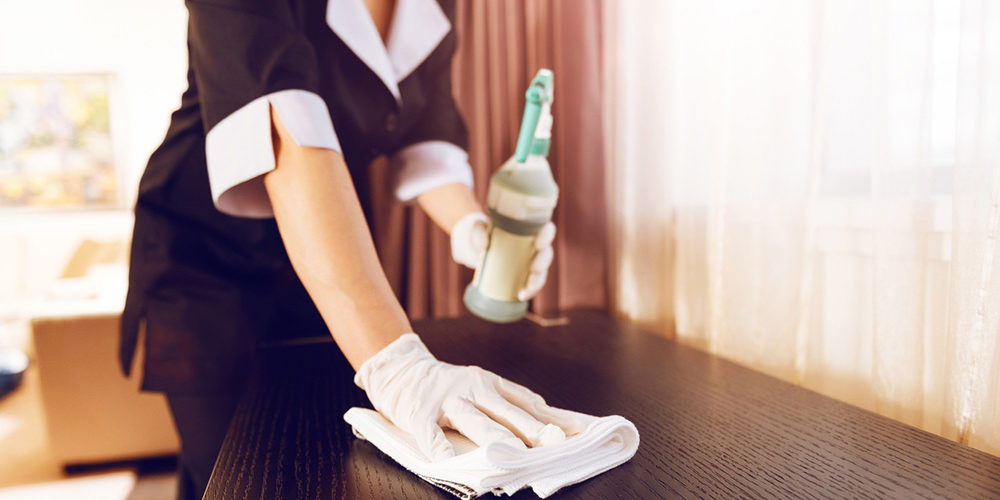 In the seven years that Deloitte has been studying the future of work, the global consulting giant has focused on three areas: work, workforce, and workplace. “Work examines things such as how technology, automation, robotics, and digital are impacting the types of things we do as part of our job, and what should be the balance,” Danielle Hawkins, a partner with Deloitte Consulting, said in a recent interview with HSMAI. “The workforce component looks at who can and should be doing the work. What kinds of capabilities do they need? What’s the best way to source talent for that work?
In the seven years that Deloitte has been studying the future of work, the global consulting giant has focused on three areas: work, workforce, and workplace. “Work examines things such as how technology, automation, robotics, and digital are impacting the types of things we do as part of our job, and what should be the balance,” Danielle Hawkins, a partner with Deloitte Consulting, said in a recent interview with HSMAI. “The workforce component looks at who can and should be doing the work. What kinds of capabilities do they need? What’s the best way to source talent for that work?
“And then workplace examines the physicality requirements of work,” Hawkins said. “Where can and should work get done? Do you need people to be onsite, perhaps in a resort or in a restaurant serving guests? Or is there work that perhaps could be done anywhere in the world?”
Hawkins covered all of that and more as part of “Hospitality Trends and the Acceleration to the Future of Work,” a presentation during the HSMAI Foundation’s virtual Executive Roundtable for hotel chief human resources officers in North America. During a follow-up interview, she talked to us about how COVID has only accelerated some of the trends shaping the future of work in the hospitality industry — and led to some permanent changes.
What are some of the general trends that have been influencing the future of work outside of COVID?
Pre-COVID, there were seven or eight big thematics that we were starting to see across all industries and sectors. Boiling them down to the ones that are most applicable to the hospitality space, I would say that, first, we were looking at digitalization and technology for sure. We saw even pre-COVID our airlines and our hotels experimenting with contactless check-in. Could I go to a kiosk to get my boarding pass or to get my hotel room key and enter in my preferences for this day? It was a lot of what can we do and what should we do, because there’s a very delicate balance in terms of what a guest wants from their experience — how much that is technology-automated versus traditional face-to-face interaction.
Another theme that is of particular interest to hospitality and really any consumer space is data. Over the last couple of years, there has been this proliferation of data. It’s great, because we know our customers and our guests better. However, that also means our customers and our guests expect that we know them better and are using the massive amounts of data that is out there or collected by different organizations to truly personalize and customize their stay. And it’s a lot more difficult than one would think with all the data that’s available.
And then I think the last theme that is really interesting from a hospitality perspective would be some of the changing employee preferences. There’s a little bit of debate as to whether or not this is generational, but hospitality has long been thought of as more of a transient place to spend time, meaning you see a lot of folks who are working at hotels or restaurants maybe while they’re trying to get an acting gig or pay the bills while they’re going to school. The industry for the last five or so years has really strived to change that mindset, and as we’ve seen changing employee preferences, the hotels have responded positively. We’ve seen that be a prompt for a lot of our hospitality organizations to focus on, how do I create career paths from frontline all the way up through management? How do I think about learning in the flow of work, and not just learning specific to your job but cross-training or even building broader life skills like linguistics or financial planning?
Has COVID accelerated or changed any of those trends, or even introduced new ones?
Yes, yes, and yes. COVID has been a massive accelerant with the future of work, and in some ways that’s expected. Of course, digital has been the first place a lot of our hospitality organizations have looked to figure out things that can be contactless or automated.
In terms of a new imperative, certainly we’re seeing a trend with future of work around health and safety and wellness. That’s something that hadn’t been as prevalent before. Not only because it’s important to get guests back and health and safety is such a huge component of that, but there’s also this element that is reflective of the employee experience. Just as guests want to feel safe coming back to properties and vacation and traveling, employees want to feel safe coming back to their workplace. They want that element of trust with their employer — that the employer is being communicative, the employer is being transparent, the employer is thinking about their wellness and their health and safety as they try to bring guests back to the hotels.
The other trend that is out there to varying degrees from a hospitality perspective is this concept of work from anywhere or source talent from anywhere. We have long held this belief that you had to be onsite or you had to be butts-in-seats at an employment location. Obviously, we’ve been in the longest and most massive work-from-home experiment that we’ve ever seen. That’s also accelerated how organizations think about, where can I get people and where do they really have to be to do a good job?
Does COVID make it harder to get a read on the future of work?
What’s hard about right now is the ambiguity, meaning that when COVID first hit, there were all sorts of predictions in terms of how fast or how long this would last and how fast we would go back to normal. And I think there was a bit of hesitancy across industries and sectors to say, “Okay, well, we don’t know. We think it might actually just be a few weeks or a few months, so let’s not worry too much about how this alters our reality going forward. Let’s just focus on getting through this and doing what we need to do to not furlough people, to not lay folks off to keep our financial outlook positive.”
However, as the time has ticked by and we’re still in this state of ambiguity, on one hand, you’ve got some experts predicting it’s going to get a lot worse but that it’ll be fine because we have the promise of vaccines. You’ve got others saying it’s going to get worse and it’s going to stay worse for a while because businesses may not want to go back to travel and business travel is a huge component of how hospitality organizations make money. We’re caught in this weird ambiguous situation and people aren’t sure how much of the new normal will remain, because we don’t know how long this is going to last and if it’s even going to be a possibility to return to life as it was before.
Is it possible to say if any of the changes that COVID has created in the workplace will become permanent?
Instead of permanent, I would say lasting, for sure. And what’s really positive about it is, it has provoked us to think much differently about what could be true. There were those certain orthodoxies that we held — not just in hospitality but in work — around where people should be located. If you wanted a job at Marriott corporate, you needed to work in Bethesda. This has challenged us to truly think differently, because the world has kept turning and work is still moving forward.
It’s also fundamentally changed how we think about organizational resilience. This was the most massive disruption we’ve seen since the financial crisis of 2008, and it’s really challenged organizations to think about: We need to be able to pivot, to navigate ambiguity, to have leaders who are comfortable doing that. We need to have plans in place for crises and business continuity when the truly unexpected happens.
Are hospitality companies interested in or ready for the future of work?
It’s definitely something they’re interested in. What we’ve learned is, you can only be as ready as the current conditions you’re facing, meaning future of work is not necessarily going to be a destination anymore. Prior to COVID, we would talk about future of work as if it was this place where we were all going to end up. That’s not the case anymore. Future of work now is this ever-evolving journey where we’re consistently and regularly able to capitalize on some of those trends we talked about.
How do we build an organization that is constantly sensing for new digital and new technological advances that we can leverage as part of our experience or as part of our work? How are we thinking about ways of working differently, so that when we’re teaming, whether it’s virtually or in person, we’ve got a plan in place that if things shift, we can still come together and work as a team in service of the guest experience? So, it’s fundamentally changed how we think about what future of work actually is.
